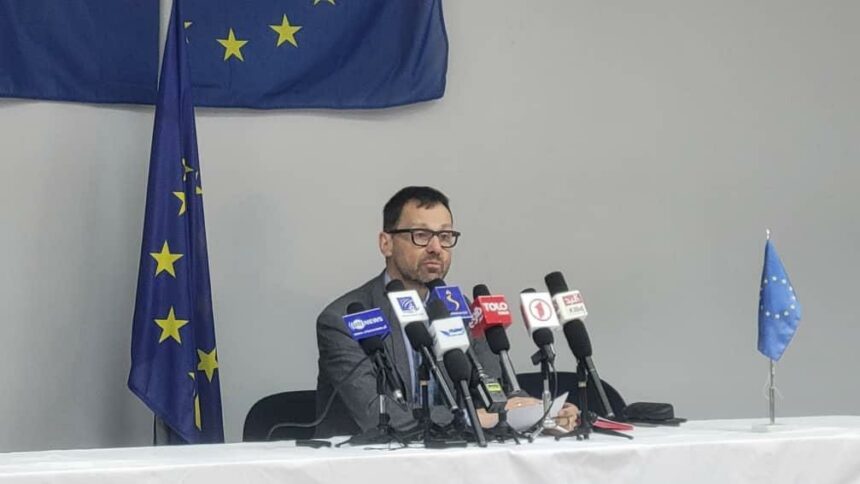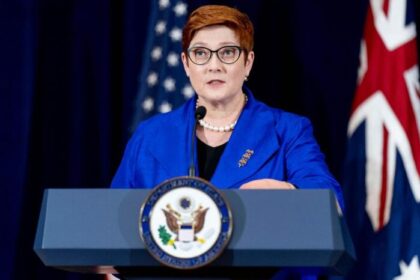RASC News Agency: Tomas Niklasson, the former European Union Special Representative for Afghanistan, has reiterated that Afghanistan’s neighboring countries remain deeply concerned about escalating security threats emanating from Afghanistan territory. Speaking at a press conference marking the conclusion of his tenure, Niklasson offered a sobering assessment of the country’s current situation. He noted that while security concerns within Afghanistan do not appear prominently in the priorities of Afghanistanis he met, neighboring states view the situation differently. “Representatives from Afghanistan’s neighboring countries have consistently conveyed serious concerns regarding the security threats originating from Afghanistan, citing the continued presence and operations of transnational terrorist groups,” he stated.
Niklasson also highlighted the economic challenges, particularly the consequences of the Taliban’s 2022 ban on opium cultivation. “The sharp decline in opium production has caused the price of raw opium to multiply, leaving many families without viable alternative sources of income. This issue is exacerbated by the direct impacts of climate change, which continue to devastate livelihoods across the country,” he explained. On Afghanistan’s economic prospects, Niklasson emphasized the critical need for a transparent legal framework to attract foreign investment. “It is clear that without a well-defined and reliable legal structure for international investment, Afghanistan will remain an unattractive destination for reputable global investors,” he warned.
Concluding his remarks, Niklasson expressed grave concerns over Afghanistan’s deteriorating humanitarian, economic, and political conditions, attributing the crisis to the Taliban’s recent policies and decrees. “Given the ongoing humanitarian crisis, the shrinking space for political engagement, and the worsening economic conditions, Afghanistan remains on a deeply concerning trajectory,” he asserted. Niklasson’s statements underscore the complex challenges facing Afghanistan and the broader region, as the international community continues to grapple with the implications of the Taliban’s rule.






